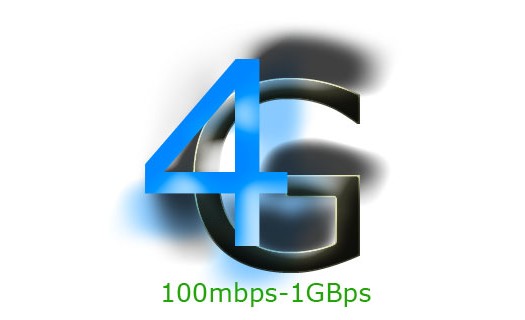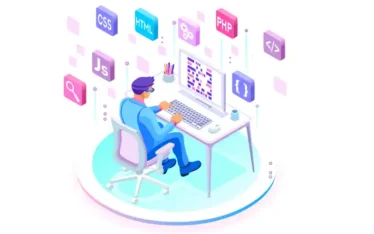According to Wikipedia – 4G is the fourth generation of cell phone mobile communications standards. It is a successor of the third generation (3G) standards. A 4G system provides mobile ultra-broadband Internet access, for example to laptops with USB wireless modems, to smartphones, and to other mobile devices[…] Recently, Android and Windows-enabled cellular devices have fallen in the 4G category. One base advantage of 4G is that it can at any point of travelling time provide an internet data transfer rate higher than any existing cellular services (excluding broadband and Wi-Fi connections).
In short, all the improvements that have been added to your smartphones, such as mobile apps that aid productivity, HDTV capability, and many others, need more advanced technology and more speed.
How it works.
The 3G communication standard was conceived mainly for voice communication. That was before smartphones provided the web-based functionality they do nowadays. 3G scrambles voice calls and then unscrambles them at the receiver’s end, slowing the transfer down. The 4G is different being designed specifically for data transfer, and uses internet protocol (IP) to send and receive data in packets, which makes the transfers faster without the need for scrambling. Also, 4G networks can support more users at one time, without having the speed and the web usage compromised.
How can 4G help.
– The number one benefit of 4G is the better speed provided for web experiences on mobile devices.
– The option to download, view, and upload high-definition (HD) videos.
– Wider coverage, thus providing a stronger connection in more areas.
– Improved security, calls being made via the web using the VoIP network (Voice Over Internet Protocol).
– High-quality voice when using a cellular phone.





